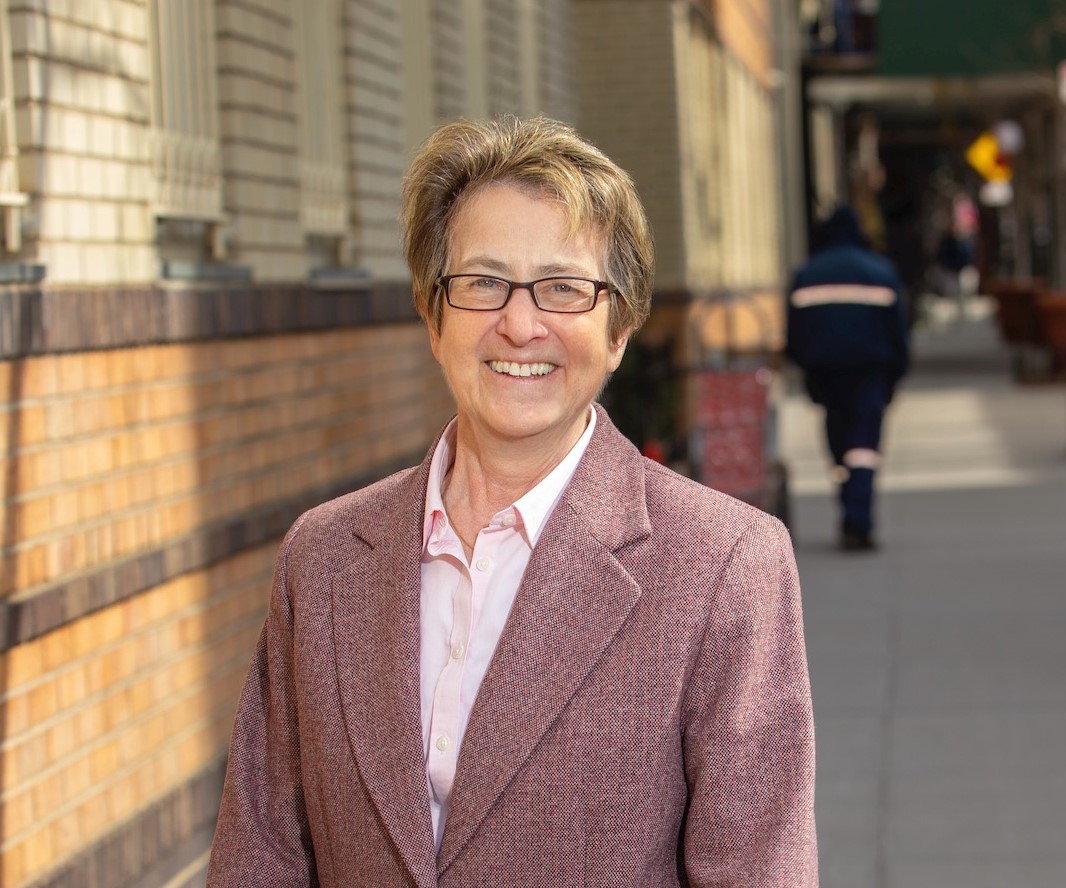BY DEBORAH J. GLICK | I am extremely excited to be named chairperson of the Assembly’s Environmental Conservation Committee.
We are challenged to address the interrelated issues that have created today’s climate crisis and do so in a comprehensive fashion. The state has had a Climate Action Council that has mapped out aggressive but necessary goals for both reducing gas emissions by 40 percent and increasing our renewable energy capacity by 70 percent by 2030.
Achieving greater capacity will require a rapid expansion of renewable energy production throughout the state but must not utilize prime farmland, which we increasingly need for food production. Additionally, offshore wind production must address concerns about migratory birds and protection of Atlantic fisheries. Any expansion of electrical energy use must come with strengthening our grid, which might include developing microgrids to guarantee reliability.
At the same time, we must stop poisoning the earth. The dramatic reduction in pollinators, both bees and birds, is of great concern because our plants, trees and crops rely on their natural work to keep our ecosystem functioning. Reducing dependency on the use of pesticides and herbicides is critical, but there are myriad chemical compounds in all our everyday products that are harmful to our environment and human health. Curtailing these chemicals will be as difficult as reducing our use of plastics, which are the byproduct of fossil fuel production.
The work to reduce, reuse and recycle products, packaging and clothing is an enormous task and is as difficult as reducing our food waste. However, anything not recycled or composted goes into our landfills, where over time they degrade and emit methane gas, or flow into our waterways. The first plastics identified in our oceans were found in the early 1970s. We have done too little to address this and now our oceans are filled with plastic debris.
We can and must make a difference. We can ensure that more lawns and road right of ways are planted with natural grasses and wildflowers, giving pollinators food sources and places to regenerate, and to provide buffer lands to reduce flooding and to help survive periods of drought. These will not require the application of pesticides and herbicides as turf lawns do. We can press for expansion of composting programs that are required as recycling currently is.
We must ensure that communities that have borne the brunt of environmental degradation get additional attention and resources to rebuild healthful communities. Whether it’s childhood asthma or equitable access to fresh foods, responding to environmental justice concerns must be front and center in our conservation work.
Every step is an important one. The banning of single-use plastic bags has removed most of these from our streets and trees. So, we see that our actions can have positive results. As we move toward different ways of operating, we will open new career paths and our high schools and community colleges can play an important role in the workforce development that will be needed for the new jobs and industries that will emerge. As the former chairperson of the Higher Education Committee, I know that our state is particularly well suited to respond to both the necessary research work and to the training of individuals to make a cleaner and healthier environment a reality.
Glick represents the 66th Assembly District, which includes the East and West Villages, Tribeca, and Soho. She is the chairperson of the Assembly’s Committee on Environmental Conservation.


Every step is important for environmental conservation.Thank you, Assemblymember Glick.
Thank you!